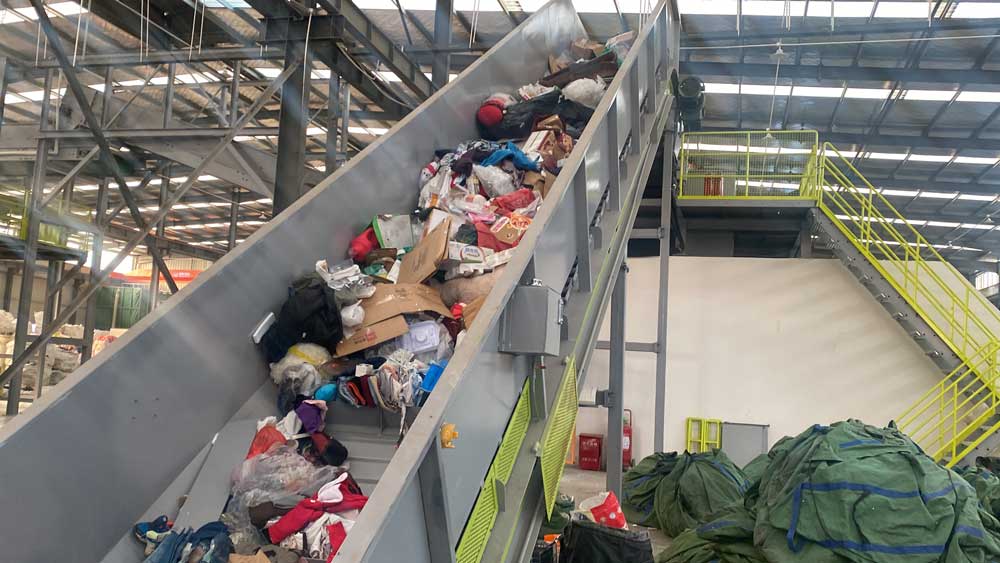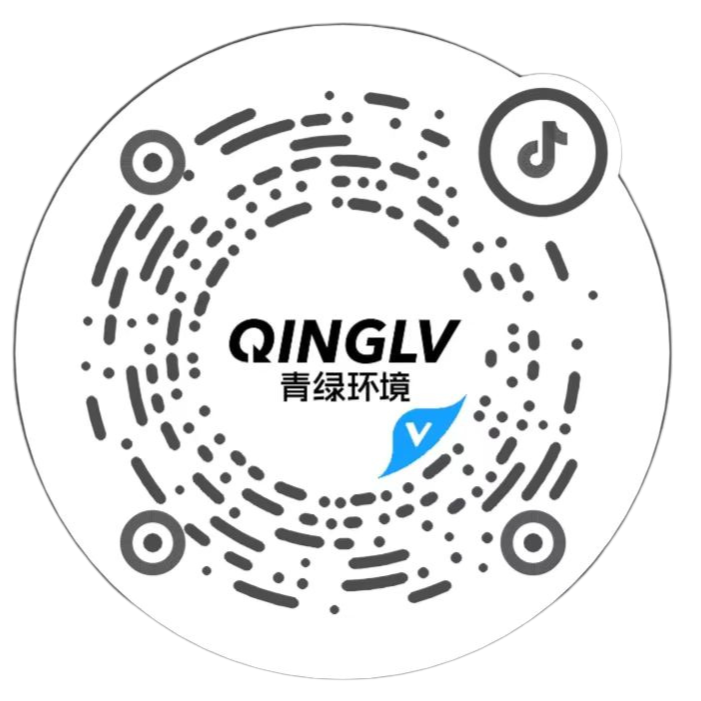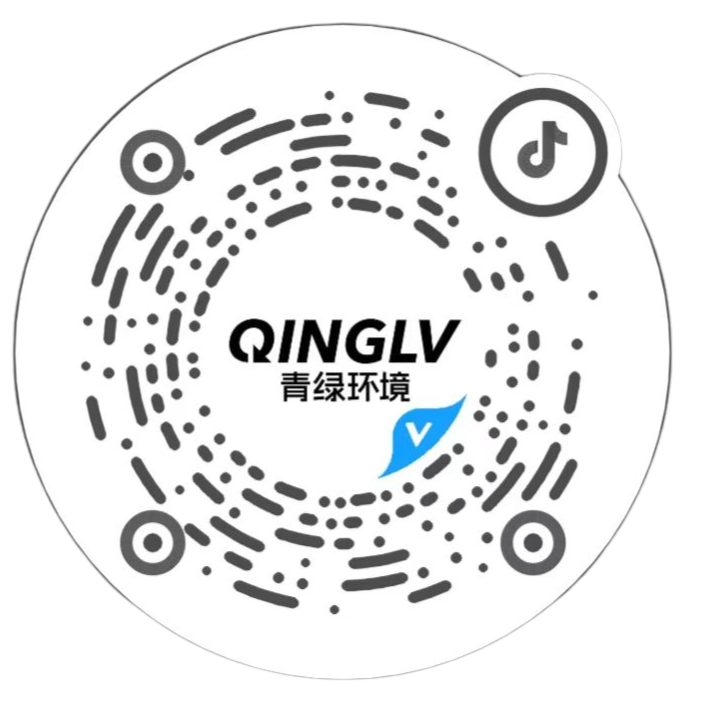 Time:2025-04-18
Time:2025-04-18
 Source:青绿环境
Source:青绿环境
In today's era of increasing environmental awareness, the effective treatment and recycling of urban domestic waste have become a global focus. With the advancement of technology, a specialized sorting device for the efficient recovery of recyclable materials such as various types of plastics (PET, PP, PE, etc.), mixed paper, cardboard, and metals from domestic waste has emerged, providing a new solution to the problem of waste surrounding cities.

Urban domestic waste sorting equipment integrates advanced sensing technologies, principles of mechanical engineering, and intelligent algorithms, enabling it to accurately identify and separate different types of recyclables. Initially, in the preliminary screening stage, large items will be automatically removed to ensure the smooth progress of subsequent processing. Subsequently, by applying principles of aerodynamics, lightweight materials such as plastic films and paper will be effectively separated from heavy materials. Particularly for plastic materials, the equipment is equipped with high-precision sensors that can accurately distinguish between PET, PP, PE, and other types based on material characteristics, and guide corresponding robotic arms to collect them separately.
For cellulose-based materials such as mixed paper and cardboard, the equipment employs a series of sorting mechanisms based on density differences. Since paper and cardboard have different water absorption properties, after being treated in a specific humidity environment, they will exhibit different weight characteristics, thus achieving effective classification. Meanwhile, to further enhance recycling efficiency, the equipment also features dedicated shredding and compression units, which significantly reduce the volume of processed paper products, facilitating transportation and reprocessing.
As for the metal portion, the recycling task mainly relies on powerful magnetic separators. Both iron cans and aluminum packaging materials can be effectively captured in this step. It is worth noting that with the development of technology, non-magnetic metals such as copper and aluminum can also be efficiently recycled using eddy current separation technology.
This urban domestic waste sorting equipment not only helps improve the urban environmental sanitation level but, more importantly, brings significant economic benefits to customers. By transforming waste originally considered as trash into valuable raw materials, enterprises can greatly reduce production costs and even open up an entirely new green industrial chain. For example, recycled PET can be used to manufacture new plastic bottles, while PP and PE are widely applied in industrial packaging; recycled paper and cardboard are essential components of the papermaking industry; and the recycling of metal materials directly reduces the demand for ore mining, protecting natural resources.
In summary, with its excellent technical performance and wide applicability, urban domestic waste sorting equipment not only promotes society's progress towards a more sustainable development direction but also brings substantial returns to investors, making it a star product in the modern environmental protection industry.













 Prev
Prev











